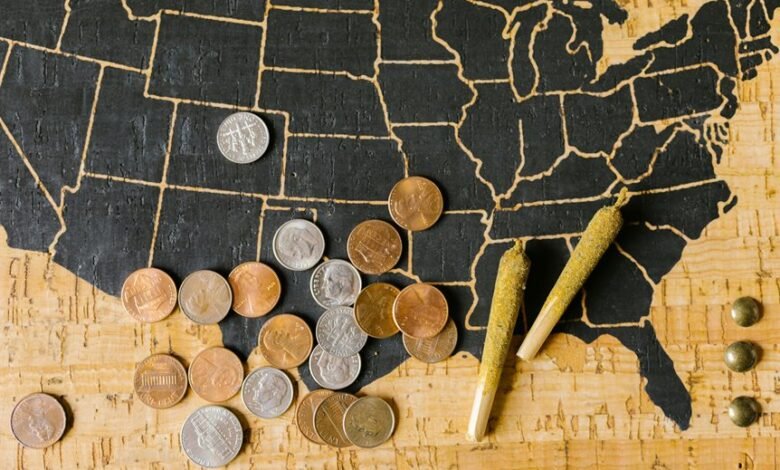Why Is Cbd Legal

The legality of CBD primarily stems from the 2018 Farm Bill, which defined the boundaries between hemp and marijuana based on THC content. This legislation catalyzed the acceptance of hemp-derived products, facilitating broader consumer access. As the public perception of hemp has evolved, so have regulatory policies. However, the legal landscape remains complex, influenced by state-specific regulations that vary widely. Examining these nuances reveals critical insights into the ongoing debate surrounding CBD's legitimacy.
Understanding the 2018 Farm Bill and Its Impact on CBD Legality
Although the legal landscape surrounding cannabis products has historically been complex, the passage of the 2018 Farm Bill marked a significant turning point for the legality of cannabidiol (CBD).
This legislation allowed for the legal cultivation of hemp, significantly enhancing access to CBD products. As a result, consumers can now explore various CBD benefits, fostering a growing market that champions personal freedom and wellness.
The Difference Between Hemp and Marijuana
The distinction between hemp and marijuana is fundamental to understanding the current legal framework surrounding CBD.
Hemp characteristics include low THC content and high CBD levels, making it non-psychoactive.
In contrast, marijuana effects are often associated with higher THC concentrations, leading to euphoria and impairment.
This differentiation is crucial as it influences regulatory policies and public perception of these cannabis varieties.
State-Specific Regulations and Variances
As states have adopted varying approaches to cannabis regulation, significant discrepancies in CBD legality emerge across the United States.
These state laws reflect regulatory differences that can impact availability, usage, and associated penalties. Some states permit CBD derived from hemp, while others impose strict restrictions, creating a patchwork landscape that challenges consumers seeking consistent access to CBD products.
Understanding these nuances is essential for informed choices.
Common Misconceptions About CBD and Its Legal Status
State-specific regulations not only highlight the complexities of CBD legality but also contribute to a range of misconceptions surrounding its status.
Common CBD myths often arise from a lack of legal clarity, leading to confusion among consumers. Misunderstandings about THC content, cultivation methods, and product availability can obscure the true legal framework governing CBD, ultimately impeding informed choices for those seeking its benefits.
Conclusion
In a landscape where the line between legality and illegality is often blurred, the 2018 Farm Bill stands as a paradox—legalizing CBD while simultaneously leaving a patchwork of state regulations intact. This irony highlights society's evolving relationship with cannabis, where a compound revered for its therapeutic benefits remains ensnared in confusion. As public perception continues to shift, one must ponder: in a world that embraces hemp, why does the shadow of marijuana still loom so large over CBD's legal status?






